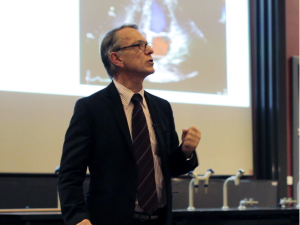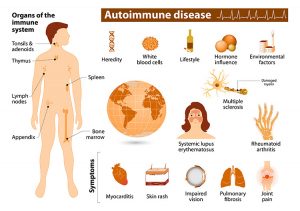Anti-aging effects. Longevity. Telomere length. Daily supplementation of senior citizens with selenium and Coenzyme Q10 for 42 months slowed down telomere shortening and reduced the risk of death from cardiovascular disease [Opstad 2022]. The two substances in combination — selenium and Coenzyme Q10 — may be the key to slowing down biological ageing.
What Are Telomeres? Why Are They Important?

Telomeres are the segments of DNA sequences that protect the ends of chromosomes from becoming frayed or tangled. Every time a cell divides, the telomeres become a little bit shorter. When, with increasing age, the telomeres become too short, the cell cannot divide successfully, and the cell dies [National Human Genome Research Institute 2022].

